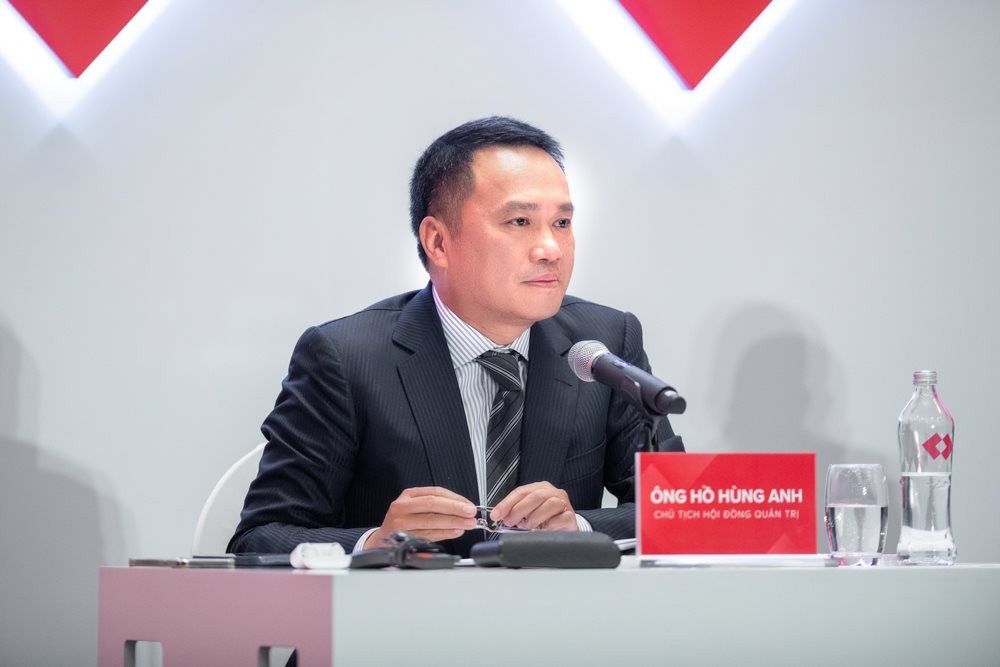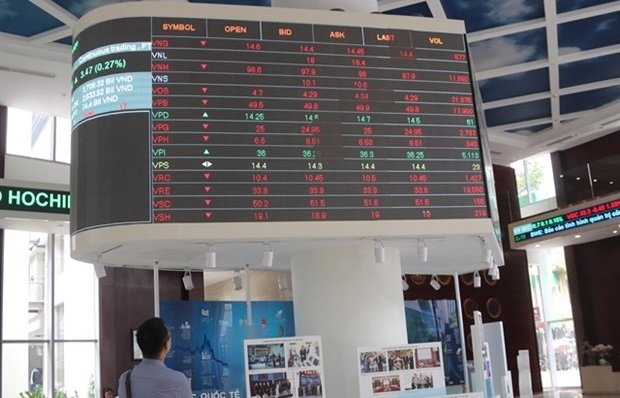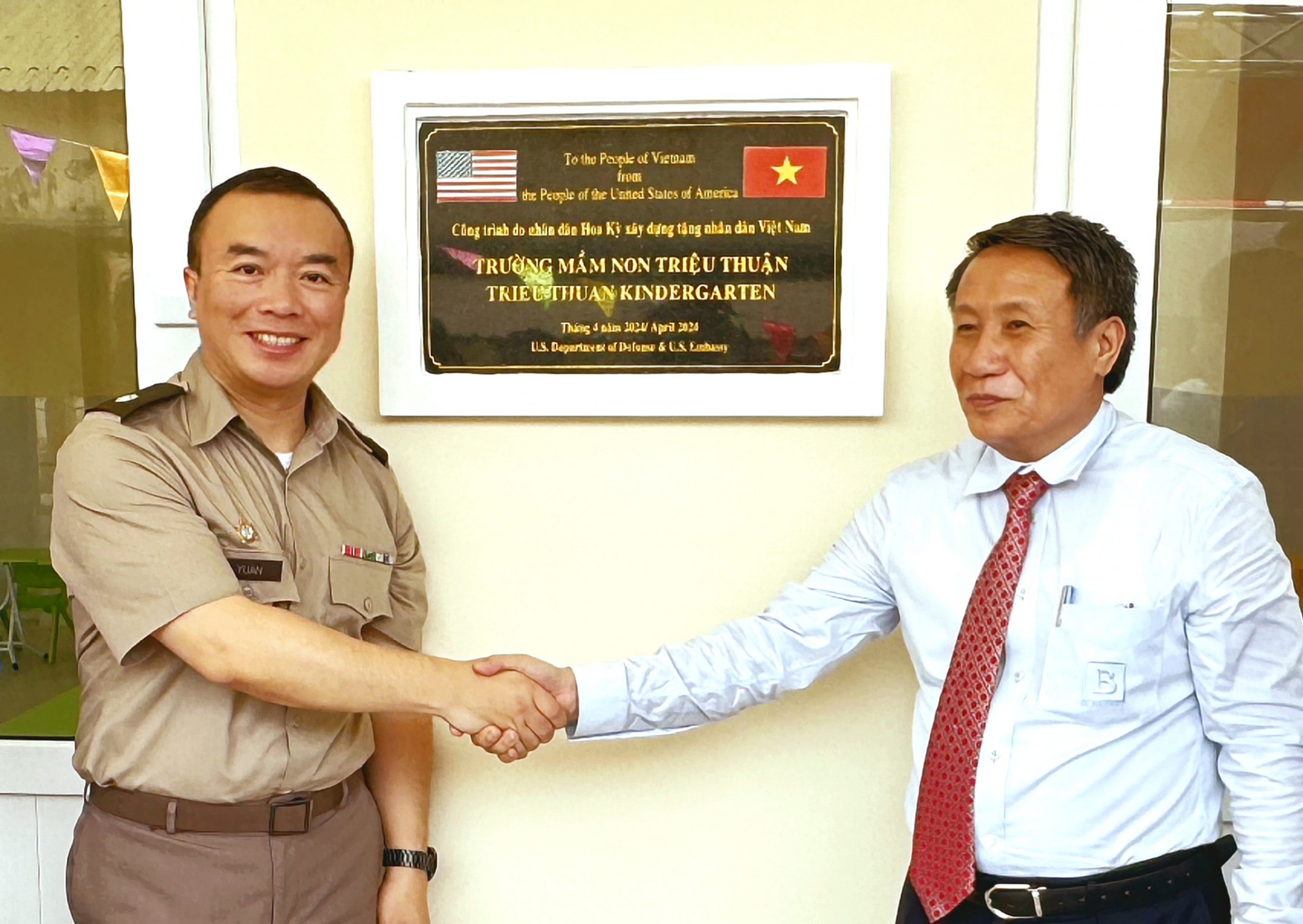Fostering a culture of corporate governance
 |
| Nguyen Nguyet Anh, corporate governance expert with International Finance Corporation in Vietnam– a member of the judging panel for the 8th Annual Report Awards to promote transparency and professionalism in reporting. |
Specifically, what have companies done better?
First, the companies were significantly more transparent than the previous year in disclosing information on the activities of the board of directors, highly sensitive information such as related party transactions, policies, as well as data on salaries, bonuses and remuneration to individual board members and the board of management.
Second, the quality of disclosed information in the annual reports has been improved upon, and is even better than that of last year, with nearly 60 per cent of the companies in the final round having above-average scores (the previous year’s figure was about 40 per cent).
Third, the average score achieved by the Top 10 companies in terms of corporate governance increased by 27 per cent compared with the previous year. This is also the first year that a company – the Ho Chi Minh City Securities Corporation (HSC) – recorded the maximum score (36/100) for the corporate governance section.
In view of this year’s awards, how can the companies improve both in terms of information presentation and quality?
Presentation and quality of information disclosure in the annual reports depend a lot on the efficient governance mechanism applied in the companies. In order to do better, obviously the companies with weak governance should have their own governance reformed.
A company cannot do well in information disclosure without a board of directors (BOD) that performs efficiently. And a company cannot be considered to have a market-leading corporate governance section in its annual reports if it is not interested in and does not commit to carrying out good international practices in governance in a sustainable and long-term manner. Vietnamese companies’ chance for success is huge when they can open their doors, integrate, and gradually fill up the gaps in their vision compared with companies from neighboring countries.
What are the weak points of corporate governance in Vietnam?
Corporate governance practices in Vietnam have achieved recordable improvements during the last few years. First, the general awareness of good corporate governance practices has been hugely improved for various participants, including the mass media, state regulatory agencies, training institutions, universities, and in particular market participants, i.e. shareholding, public, and listed companies.
Second, the legal framework on corporate governance has been amended, with the best international practices and principles in governance adopted to strengthen the protection of investors and the rights of shareholders. The most obvious examples include changes in the regulations on corporate governance and information disclosure promulgated by the State Securities Commission through the Ministry of Finance in 2012, or the new regulations in the Law on Enterprises.
However, during the last three years, the degree of disclosure and transparency of Vietnamese companies has always come last, with significant gaps between it and other regional countries such as Indonesia, Malaysia, the Philippines, Singapore, and Thailand (according to results from the ASEAN Corporate Governance Scorecards initiated by ASEAN Capital Markets Forum (ACMF) and the Asian Development Bank (ADB).
How can Vietnam catch up with other countries in terms of corporate governance?
Vietnam should do more to enhance efficient governance, applying good governance practices to stand firm against challenges in regional integration, to maintain its competitive capacity, to increase shareholders’ confidence and to attract foreign investment. The weakest governance area is in the BOD’s responsibilities. Here, directors need to have a good understanding of international best practices in governance, to make long-term commitments in applying an advanced governance framework in the companies, thus enhancing performance in an efficient manner. In order to do this, apart from the efforts of shareholders, market regulatory agencies, training institutions and the mass media,
Vietnam should develop an Institute of Directors (IoD) for BOD members. It is an institute independent from state regulatory agencies, providing governance-related training courses and services to BOD members. It is also a place for BOD members to meet and exchange knowledge. This institute has been established in many countries worldwide. In the ASEAN region, the IoD has been established in almost all countries, including Thailand (1999), the Philippines (1999), Malaysia (1982), and Singapore (1998).
What the stars mean:
★ Poor ★ ★ Promising ★★★ Good ★★★★ Very good ★★★★★ Exceptional
Latest News
More News
- MB finalises strategy for acquisition of distressed bank (April 22, 2024 | 16:33)
- Vietnam central bank postpones gold bar auction (April 22, 2024 | 15:27)
- Benefits of pension funds must be incentivised (April 22, 2024 | 15:00)
- KRX trading system to begin official operation (April 22, 2024 | 14:09)
- Voluntary pensions to rejuvenate the sector (April 22, 2024 | 14:00)
- Gold market reforms paramount to stability (April 22, 2024 | 10:18)
- Loopholes continue to play part in rising NPL ratios (April 22, 2024 | 10:13)
- Techcombank scoops two Stevie Awards (April 19, 2024 | 18:35)
- SBV outlines restructuring plans for troubled SCB (April 19, 2024 | 18:27)
- Vietnam’s road to emerging market status (April 17, 2024 | 10:00)


















 Mobile Version
Mobile Version